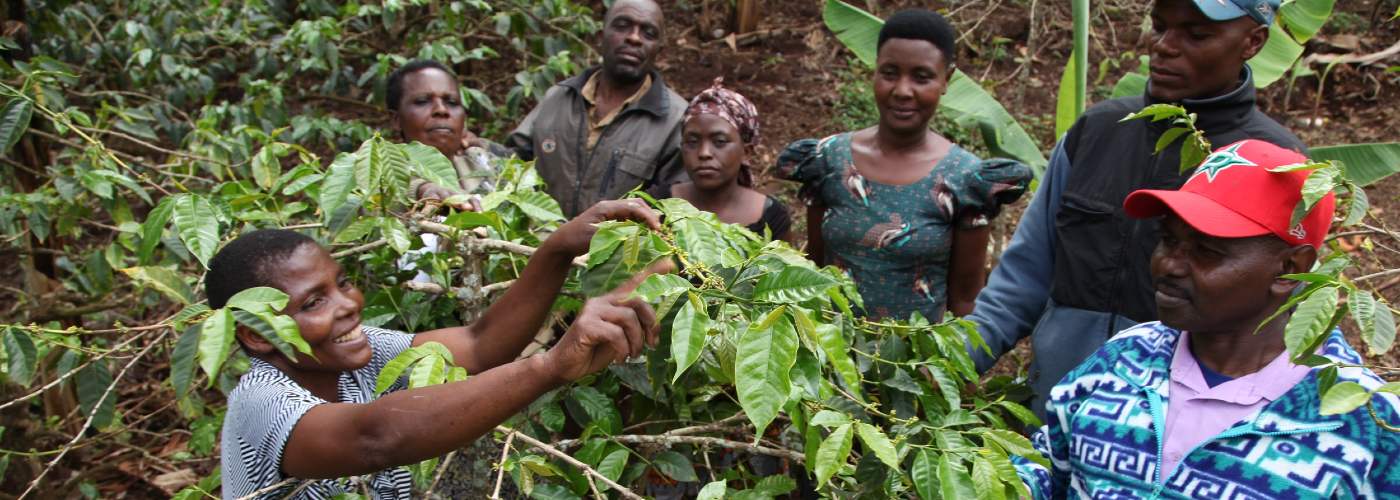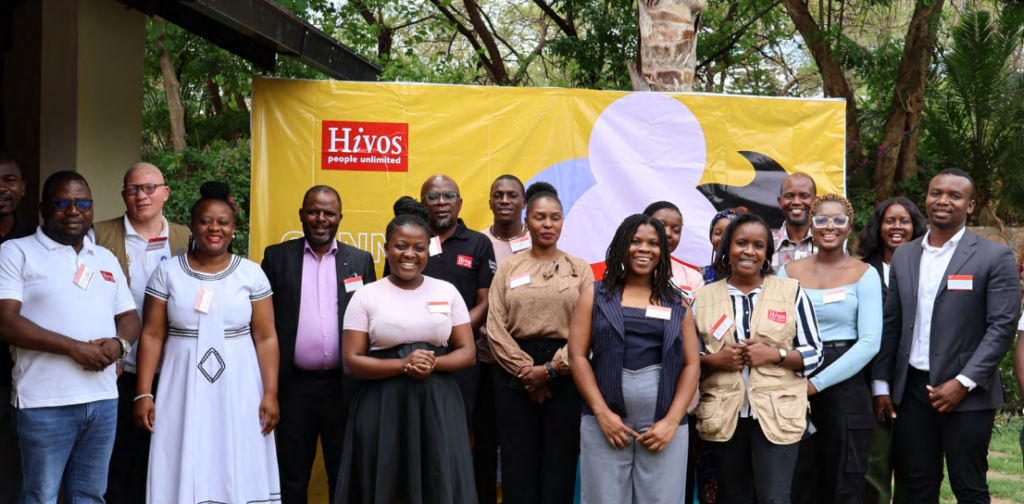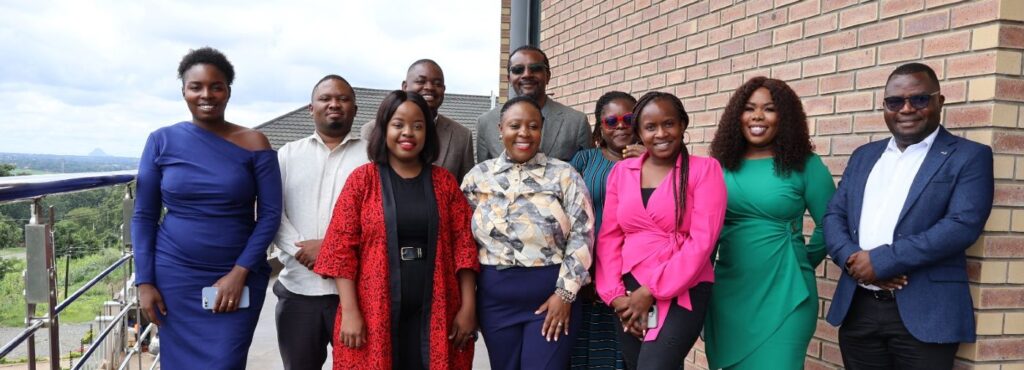This program empowers civil society organizations, community members, paralegals and other environmental players to advocate for their environmental rights. It also helps bring citizens and government representatives together to improve laws and policies that protect people’s right to a healthy environment.
Why we focus on environmental rights
We want to achieve a clean, safe and healthy environment for sustainable development in Zambia. By building respect for environmental and human rights in the country, and creating the appropriate legal courses of action, we hope to see a Zambia where environmental rights are upheld and the environment is sustainably regulated and managed.
How SR4ER supports environmental rights in Zambia
SR4ER takes a holistic approach. It builds capacity, raises awareness and encourages demand by civil society and rightsholders, while improving responsiveness and implementation by duty bearers. This will be done through tailor-made training for all parties.
Another focus of the program is improving the relevant operational and regulatory environment and increasing dialogue between CSOs and other environmental actors, including government and the private sector. Through closer dialogue and critical relationships with duty bearers, we aim to get them to deal quickly with environmental violations reported through the program.
To build these relationships, SR4ER supports and participates in a number of dialogue platforms for environmental action, such as the Environmental Protection Dialogue, the Zambia Mining Indaba, and the Forest Indaba.
SR4ER also aims to create an Environmental Court where citizens can demand a clean, safe and healthy environment, and sue for compensation if their rights have been violated. This will ensure that citizens are able to exercise their environmental rights fully, including through legal action.
Where
Zambia (Lusaka, Kabwe, Serenje, Mufulira, Kitwe and Siavonga)
Period and budget
February 2024 to January 2027, €1,275,000
Donor
EU Delegation to Zambia and COMESA
Partners
Center for Environment Justice and Zambia Institute of Environmental Management




